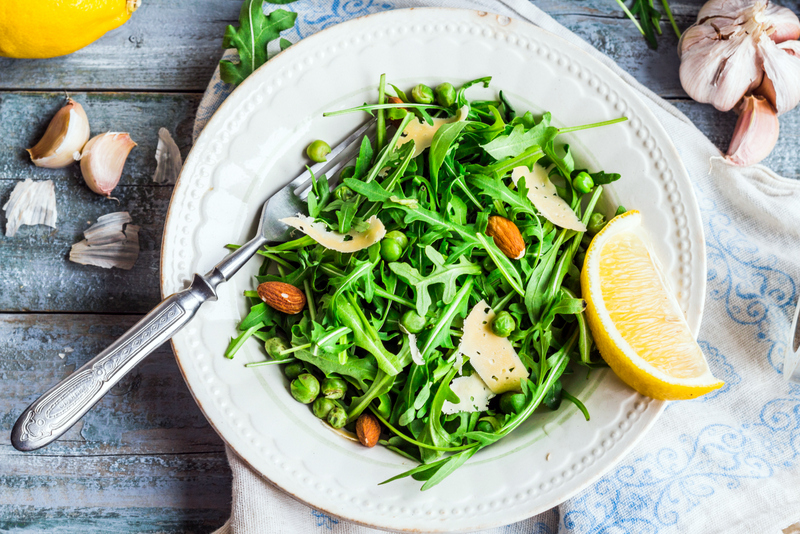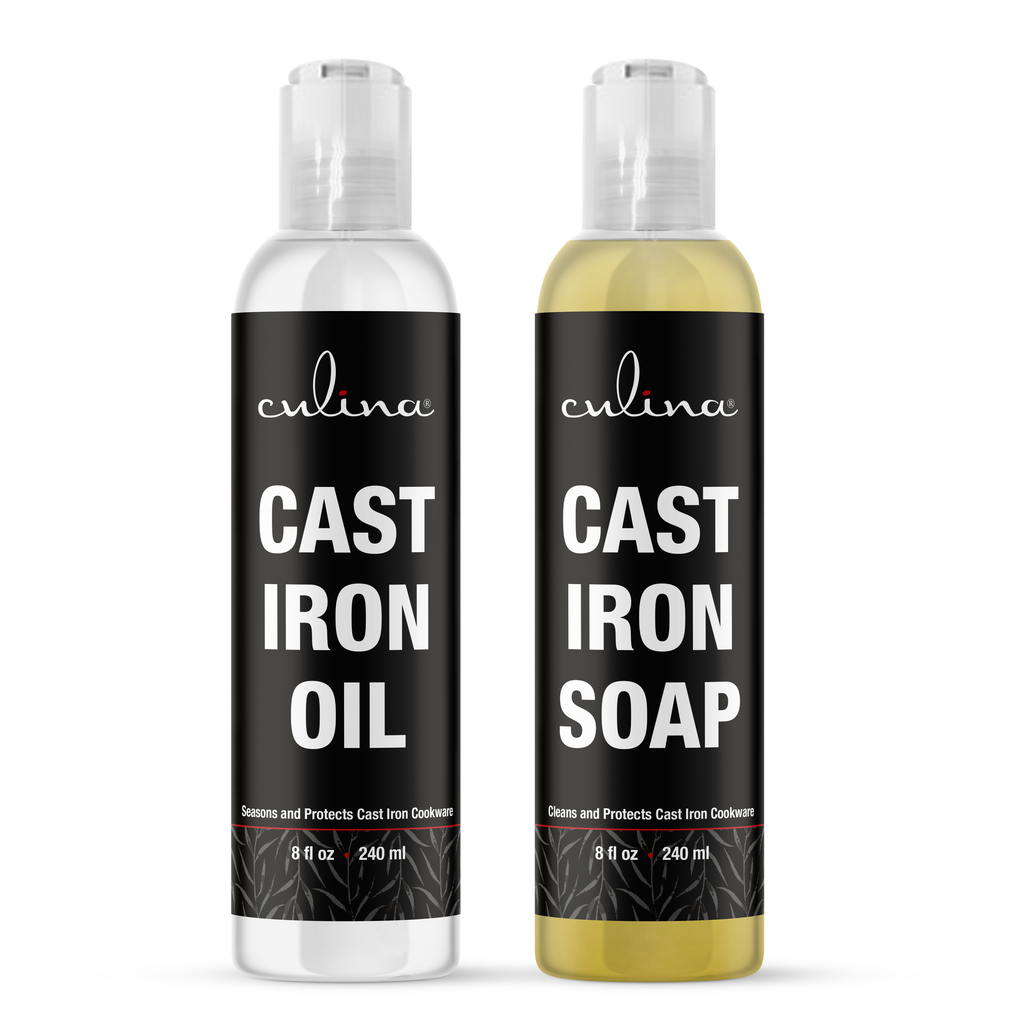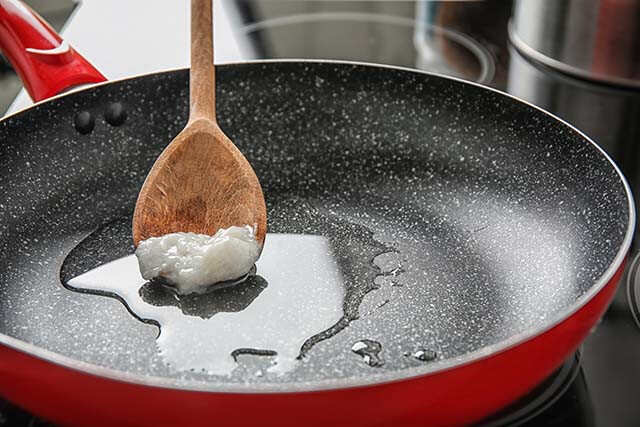How to Make Canola Oil: The Secrets Revealed for Beauty
Understanding how to make canola oil can greatly benefit beauticians looking for quality natural ingredients in their beauty products. Canola oil, derived from the seeds of the canola plant, is known for its light texture and numerous uses in skin and hair care. Let's delve deep into the process of making this versatile oil, and how it can enhance beauty treatments.
This article will reveal the step-by-step process of making canola oil, emphasizing its benefits for beauticians. As the demand for natural ingredients grows, it's essential to explore DIY methods for creating your beauty products.

The Benefits of Canola Oil in Beauty
Canola oil is rich in vitamin E and fatty acids, making it a favorite among beauticians. Its light consistency allows for easy absorption into the skin, providing hydration without clogging pores. Additionally, its antioxidant properties help in reducing oxidative stress, promoting a youthful appearance.
Canola Oil in Skincare
For beauticians, the applications of canola oil in skincare are vast. It acts as an excellent moisturizer, helping to soothe dry skin, and is often used in creams and lotions. Moreover, it can be used as a base oil for essential oils to create soothing aromatherapy products.
Canola Oil in Hair Care
Canola oil can dramatically improve hair health as well. It moisturizes the scalp, promotes hair growth, and adds a healthy sheen to the hair. Beauticians often recommend canola oil for hair masks or combined with other oils for enhanced benefits.

Step-by-Step Guide: How to Make Canola Oil
Creating your canola oil can be simple with a clear understanding of the process. Heres a detailed breakdown:
- Gather Ingredients: You will need canola seeds, a press for oil extraction, and a filtration method.
- Extraction: Use a mechanical press or cold press method to extract the oil from the seeds.
- Filtration: To ensure purity, filter the oil through a fine cloth to remove impurities.
- Bottling: Store the oil in a dark glass bottle to protect it from light and air degradation.
Considerations for Quality
When making canola oil, quality matters. Ensure that you use healthily grown seeds, as they will significantly impact the oil's efficacy. For more insights on oil quality, consider checking out smoke points and how they affect oil cooking.

Common Myths About Canola Oil
There are plenty of myths surrounding canola oil. Many think it is unhealthy, but in moderation, it can be beneficial. In fact, canola oil is considered one of the healthiest cooking oils due to its low saturated fat content. For additional understanding, read more about canola oil myths.
Frequently Asked Questions
1. Is canola oil good for all skin types?
Yes, canola oil is suitable for all skin types due to its non-comedogenic properties.
2. How should canola oil be stored?
Store canola oil in a cool, dark place, ensuring it is in a sealed container to prolong its shelf life.
3. Can canola oil be used for cooking?
Indeed, canola oil has a high smoke point, making it ideal for various cooking methods.
For a thorough guide on cleaning your kitchen after cooking with oils, visit this cleaning guide.
As an Amazon Associate, I earn from qualifying purchases.

